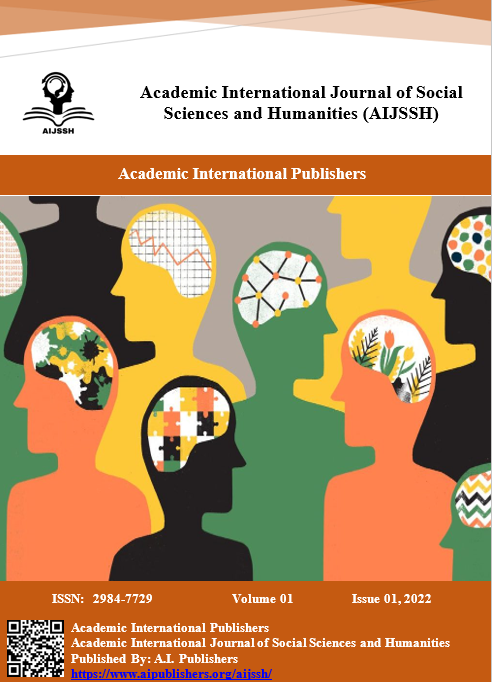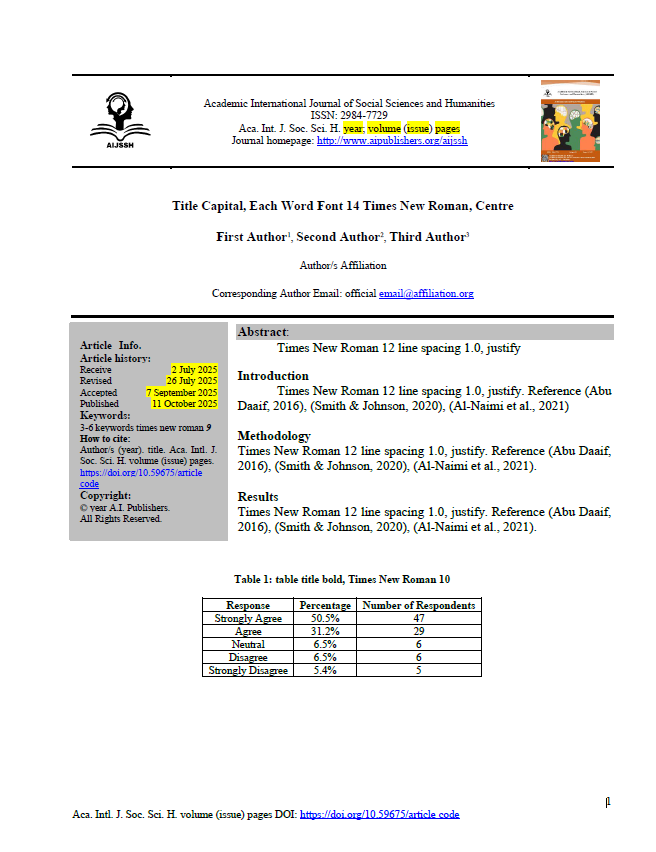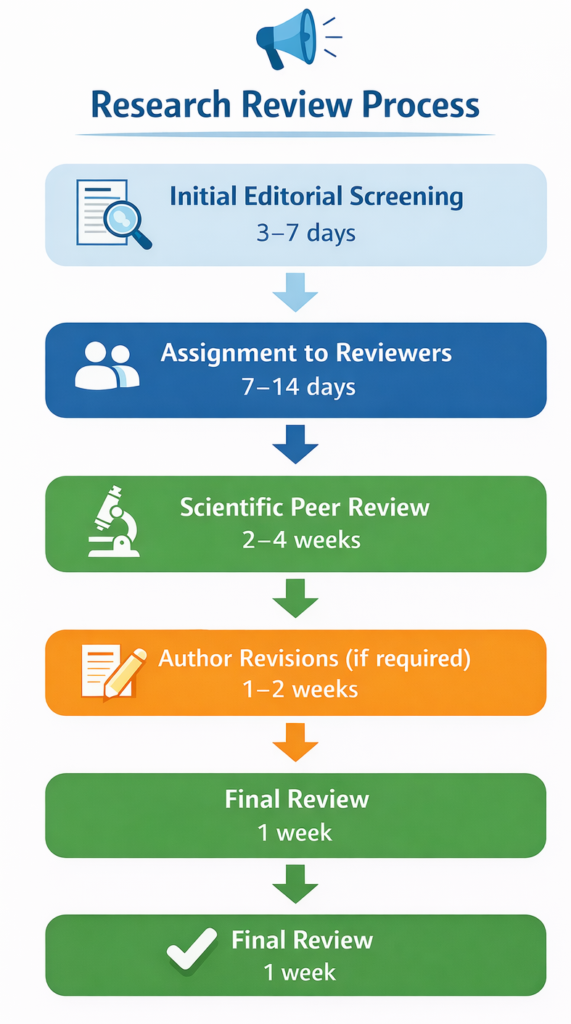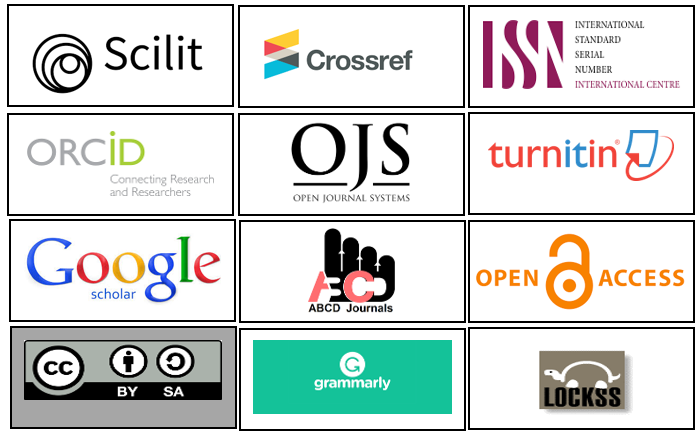The Role of Digital Audio Tools on Language Proficiency: A Study of Learners Perspectives in Sudan
DOI:
https://doi.org/10.59675/S313Keywords:
Media Communication, English Language, Education, Digital audio Tools.Abstract
Traditional language learning techniques have changed as a result of the incorporation of audio and video books into EFL. This study examines the evolving role of these multimedia resources in EFL settings, exploring their advantages, challenges, and pedagogical implications. Some learners prefer audiobooks for passive listening, while others opt for podcasts for active learning. The study investigates which format students pick for learning English and how they perceive the benefits of these audio resources. This research highlights the potential of audiobooks and podcasts to create immersive language learning experiences that bridge the gap between classroom instruction and real-world language use by combining theoretical concepts with practical examples. The study concludes that Students consider podcasts to be more useful than audiobooks for learning English. Podcasts and audiobooks dramatically increase listening comprehension, vocabulary, and pronunciation. Students have a stronger preference for podcasts over audiobooks. Students who are motivated to use podcasts and audiobooks demonstrate improved involvement in English learning.
References
Abdous, M., Camarena, M.M. and Facer, B.R., 2009. MALL technology: Use of academic podcasting in the foreign language classroom. ReCALL, 21(1), pp.76–95. DOI: https://doi.org/10.1017/S0958344009000020
Albadri, L. Q. A. (2016). Investigating Readability and Grammaticality of Newspapers Headlines, A Case Study of the Telegraphic and The New York Times (Doctoral dissertation, Sudan University of Science and Technology).
Albadri, L. Q., & Muhamed Badawi, A. M. (2020). Investigating Article Omission in Newspaper Headlines. Dirassat in Humanities & Social Sciences, 3(3). DOI: https://doi.org/10.33953/0381-003-003-057
Badawi, A.M.M. and Albadri, L.Q., 2022. Analyzing The Use Of The Present Simple In Five Of The Best Newspapers By Circulation In The English Language. Journal of Positive School Psychology, pp.9451-9457.
Cebeci, Z. and Tekdal, M., 2006. Using podcasts as audio learning objects. Interdisciplinary Journal of Knowledge and Learning Objects, 2, pp.47–57. DOI: https://doi.org/10.28945/400
Chan, W.M., Chen, I.R. and Döpel, M., 2011. Podcasting in foreign language learning: Insights for podcast design from a developmental research project. In: M. Levy, F. Blin, C. Bradin Siskin and O. Takeuchi, eds. WorldCALL: Global perspectives on computer-assisted language learning. London: Routledge, pp.19–37.
Chan, W.M., in press. Der Einsatz vom Podcast im DaF-Unterricht: Ein Vehikel zur Landeskundevermittlung. In: R. Maeda, ed. Transkulturalität: Identitäten in neuem Licht. Munich: Iudicium.
Chi, S.W. and Chan, W.M., 2009, December. Mobile Korean language learning: Podcasting as an educational medium. Paper presented at the Korean Language International Symposium to celebrate the 60th Anniversary of Kyung-Hee University, Seoul, South Korea.
Chi, S.W. and Chan, W.M., 2011. Learning beyond the classroom: Language podcast as supplementary learning material. Ubiquitous Learning, 3(2), pp.21–39. DOI: https://doi.org/10.18848/1835-9795/CGP/v03i02/40271
Chin, K.N., Lin, C.Y. and Chan, W.M., 2010. Mobile learning – Podcasting for Chinese language learning. In: D.B. Xu, J. Da and P. Zhang, eds. Conference Proceedings of the Sixth International Conference and Workshops on Technology and Chinese Language Teaching. Columbus, OH: National East Asian Language Resource Center, Ohio State University, pp.26–34.
Edirisingha, P., 2006. The "double life" of an i-Pod: a case study of the educational potential of new technologies. Paper presented at Online Educa 2006, Berlin, Germany. [online] Available at: http://hdl.handle.net/2381/406 [Accessed 12 Jun. 2025].
Downloads
Published
Issue
Section
License
Copyright (c) 2025 Academic International Journal of Social Sciences and Humanities

This work is licensed under a Creative Commons Attribution 4.0 International License.







